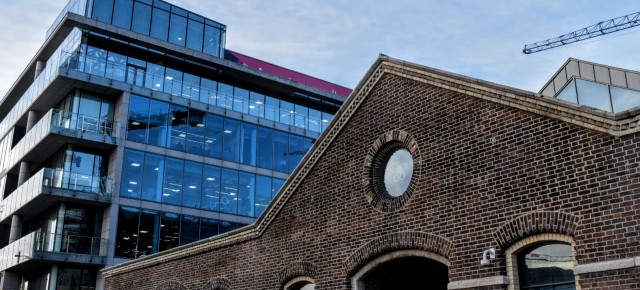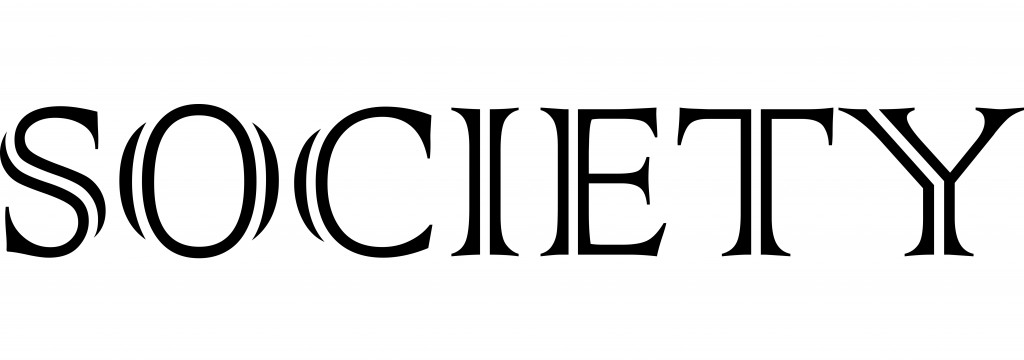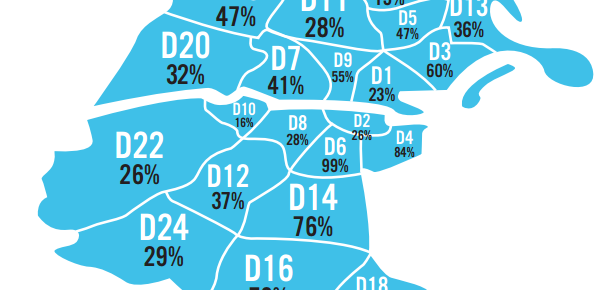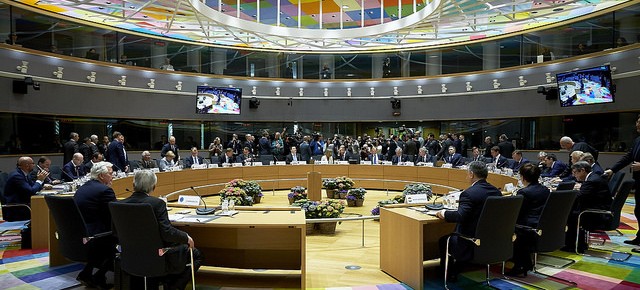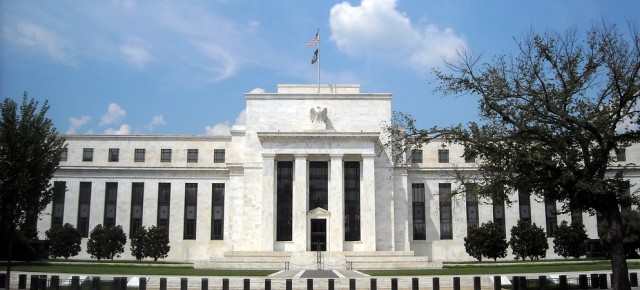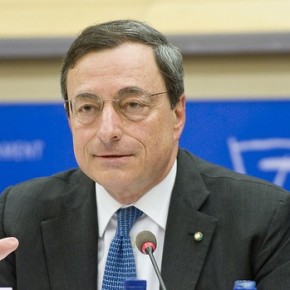
In post-crisis Europe, and specifically in the Eurozone, economic recovery has been rather sluggish. The year 2009 sparked a small rebound, which was stopped in its tracks by the sovereign debt crisis of 2011. The situations lasted around two and a half years, after which another upward movement started, only to be curbed by mid-2014....
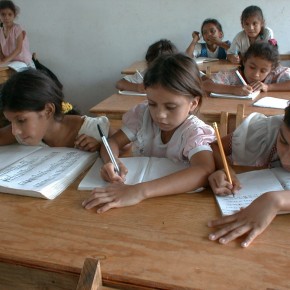
The Irish social policy model, in particular when it comes to welfare provision, is generally categorised as Liberal in nature, taking a passive, ‘safety-net’ approach to welfare intervention. Such a system is intended to alleviate the risk of extreme deprivation, but keep public welfare sufficiently sparse so as not risk the creation of poverty/unemployment trap....
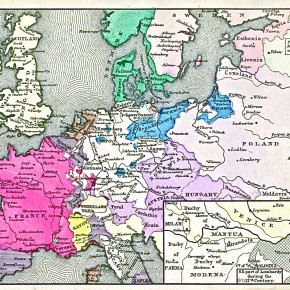
Last week, the European Court of Human Rights ruled that the state of Switzerland had the right to oblige a pair of Muslim parents to send their daughters to mixed swimming lessons. While the parents had protested that the requirement to send their daughters to mixed swimming lessons violated Article 9 of the European Convention...

In his 1967 book Where do we go from here, Martin Luther King wrote: I am now convinced that the simplest approach will prove to be the most effective — the solution to poverty is to abolish it directly by a now widely discussed measure: the guaranteed income. This coming year marks the fifty year...
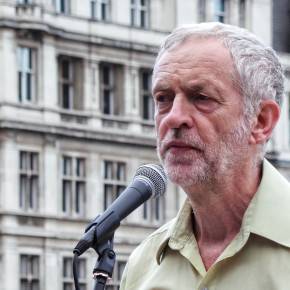
In the immediate aftermath of the Brexit result in June, articles were quick to apportion blame to demographic cohorts that enabled the unthinkable result to become reality. The old, the rural, the uneducated; each segment’s electoral naivety was roundly lambasted by those at the vanguard of ‘progress’ and ‘modernity’. The plethora of criticisms was neatly...
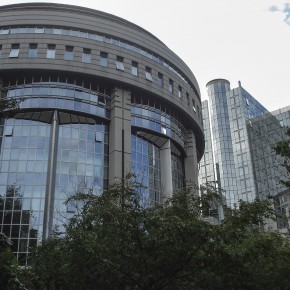
The march of far-right wing political parties across Europe, the recent Brexit, and the US Presidential election of Donald Trump - have all signalled a sweeping social disconnect and disenfranchisement on both sides of the Atlantic.
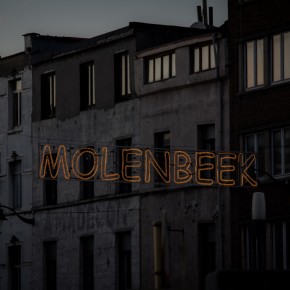
The terrorist bombings in Brussels and Paris in recent months have brought a strong and at times xenophobic edge to the continuing discussion on immigration and the integration of minorities in Europe. While previous articles on this website have focused on the migrant crisis, this article looks at issues with regards integration of migrants in...
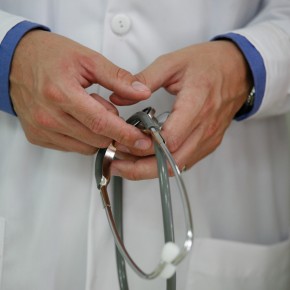
The healthcare system is an inefficient, two-tiered mishmash of public and private providers and clients, and is in urgent need of drastic change. This much all political parties are in general agreement on. However, approaches to resolving the failings and inefficiencies of the current system vary widely, from the private-provision orientated philosophies of Renua, to the...
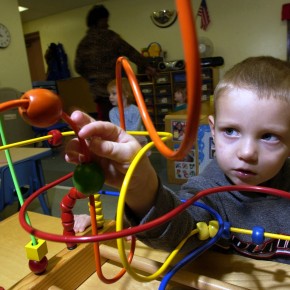
Childcare Policy & Gender Equality: Will the next government deliver? The incomparably high costs of childcare in Ireland continues to cripple low to middle income earners who work full time. The average annual cost of childcare in the EU accounts for 12% of family income, in Ireland this figure rises to 35% for Irish families....
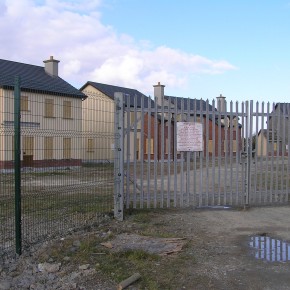
Five years after the 31st Dáil was elected on the backlash of the property crash, housing remains one of the most contentious issues in the run up to General Election 2016. Different housing approaches have been taken over the course of the state’s existence, with each holding specific benefits and downsides to its social stakeholders....
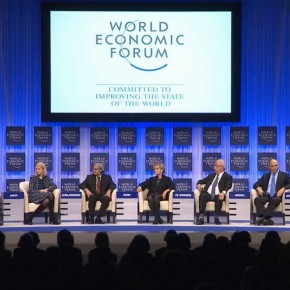
The recent Oxfam report An Economy for the 1% (Oxfam International 18/01/16) has received widespread international attention for reporting the growing economic disparity between the world’s richest and poorest. The startling figure that resonated with international media was the revelation that 62 of the world’s richest people own the same amount of wealth as half...

With a General Election imminent, testing social issues are sure to be voiced readily over the coming months in both party manifestos and general public discourse. One topic that will certainly take centre stage in the upcoming debates is the issue of social deprivation and how to best combat economic poverty in a state still recovering...
